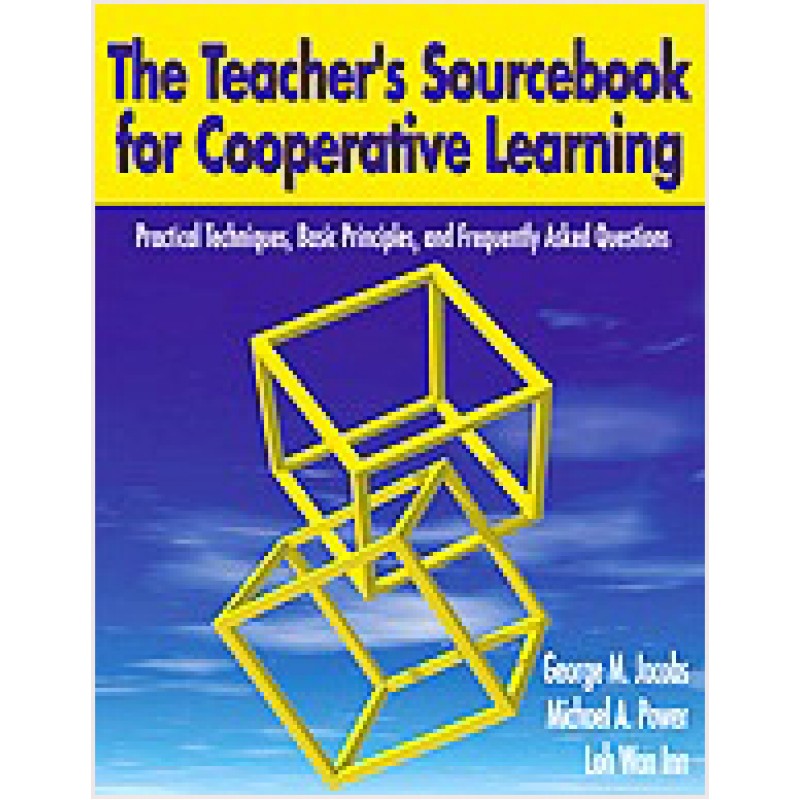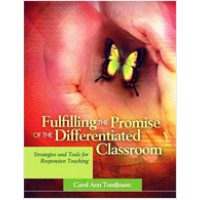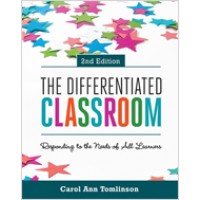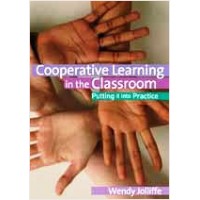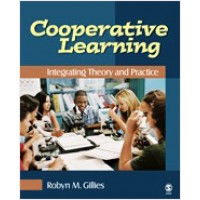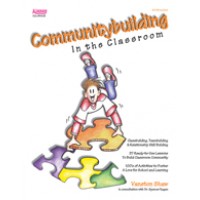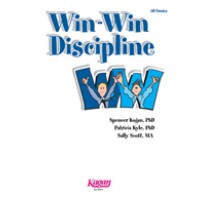The Teacher's Sourcebook for Cooperative Learning: Practical Techniques, Basic Principles, and Frequently Asked Questions
| Author(s) | Dr. George M. Jacobs, Michael P. Power, Wan Inn Loh |
| ISBN10 | 0761946098 |
| ISBN13 | 9780761946090 |
| Format | Paperback |
| Pages | 184 |
| Year Publish | 2002 September |
Synopsis
“The authors reveal considerable wealth of experience as teachers and as users of CL. This will be a very successful book” - Jon A Scaife, Lecturer in Education, School of Education, University of Sheffield
The authors of this volume define cooperative learning as "principles and techniques for helping students work together more effectively." Teachers of every level will find this book full of useful ideas on how the power of student-student cooperation can enliven their classrooms.
The authors share eight key principles of creating effective and efficient cooperative learning (CL), along with a variety of CL techniques and examples of how to use them. Research has shown that by participating in CL, students can benefit in the following areas (supporting research is described in the Resources):
- Improved academic achievement
- More active involvement in learning by students regardless of past achievement level or individual learning needs
- Increased student responsibility for their own learning
- Improved collaborative skills
- Improved student attitudes toward learning, school, peers, and self
- Greater opportunities for the teacher to observe and assess student learning
At the same time teachers are learning a new way to teach, students are learning a new way to learn - along with the content being taught. Just as students can learn better when working with peers, so too can teachers; the benefits of teachers working together with colleagues are also described.
About the Authors:
George M. Jacobs has a PhD in Educational Psychology from the University of Hawaii and a master’s degree in Linguistics from the University of Illinois―Chicago. He has been teaching courses on cooperative learning since 1988. He has published many articles on the topic and is also a coauthor of Learning Cooperative Learning via Cooperative Learning: A Sourcebook of Lesson Plans for Teacher Education (1997). He is a member of the Executive Board of the International Association for the Study of Cooperation in Education and editor of its newsletter. He also specializes in second-language learning and helped compile an annotated bibliogra-phy of works on group activities in second-language instruction. Contact him at gmjacobs@ pacific.net.sg.
Michael A. Power has a PhD in Educational Psychology and a master’s degree in English as a Second Language from the University of Hawaii. He is the Director of Instruction and Assessment for the Mercer Island, Washington, school district. He has taught English as a second language in the United States, Japan, and the Republic of Korea, and has, for many years, conducted training throughout the Pacific in instructional strategies for teachers (including cooperative learning).
Loh Wan Inn has an EdD in Science Education from the State University of New Jersey and master’s degrees in Education (First Honors) and in Arts from Trinity College, University of Dublin. She is a chartered biolo-gist (Institute of Biology, UK). She has lived and worked in the United States, Singapore, Ireland, and Australia. She has taught courses on science, mathematics, science education, environmental education, coop-erative learning, curriculum design, and multiple intelligences. Through her interest in cooperative learning, she has seen it introduced in science by preschool and secondary school teachers as part of their science educa-tion modules. She also designs and trains teachers for camps on multiple intelligences and science. Her previous books include storybooks for young children and books on science and science education. She is also a member of a number of environmental organizations.

